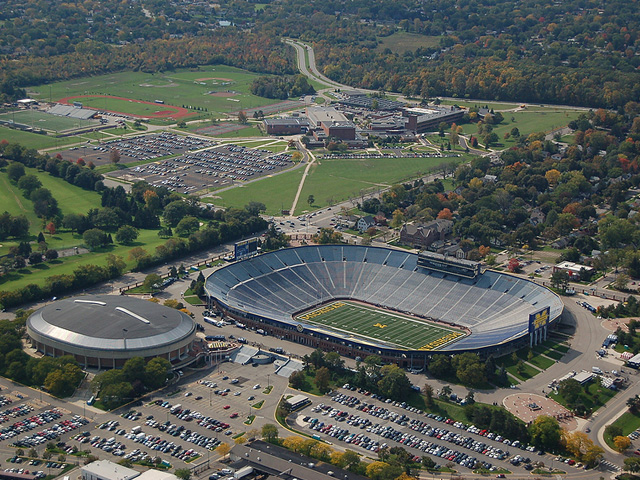Digital communications refers to the field of study concerned with the transmission of digital data. This is in contrast with analog communications. While analog communications use a continuously varying signal, a digital transmission can be broken down into discrete messages. Transmitting data in discrete messages allows for greater signal processing capability. The ability to process a communications signal means that errors caused by random processes can be detected and corrected. Digital signals can also be sampled instead of continuously monitored and multiple signals can be multiplexed together to form one signal. Because of all these advantages, and because recent advances in wideband communication channels and solid-state electronics have allowed scientists to fully realize these advantages, digital communications has grown quickly. Digital communications is quickly edging out analog communication because of the vast demand to transmit computer data and the ability of digital communiations to do so.
Career Related Videos
Careers
Special Effects Artists and Animators
Wage: $78,790
10 Year Growth Rate: 16.0%
Education Requirements:
Bachelor's degree
Wage: $78,790
10 Year Growth Rate: 16.0%
Education Requirements:
Bachelor's degree
Television, Video, and Motion Picture Camera Operators and Editors
Wage: $61,670
10 Year Growth Rate: 11.5%
Education Requirements:
Postsecondary vocational award
Wage: $61,670
10 Year Growth Rate: 11.5%
Education Requirements:
Postsecondary vocational award
Film and Video Editors and Camera Operators
Wage: $60,360
10 Year Growth Rate: 29.0%
Education Requirements:
Bachelor's degree
Wage: $60,360
10 Year Growth Rate: 29.0%
Education Requirements:
Bachelor's degree















